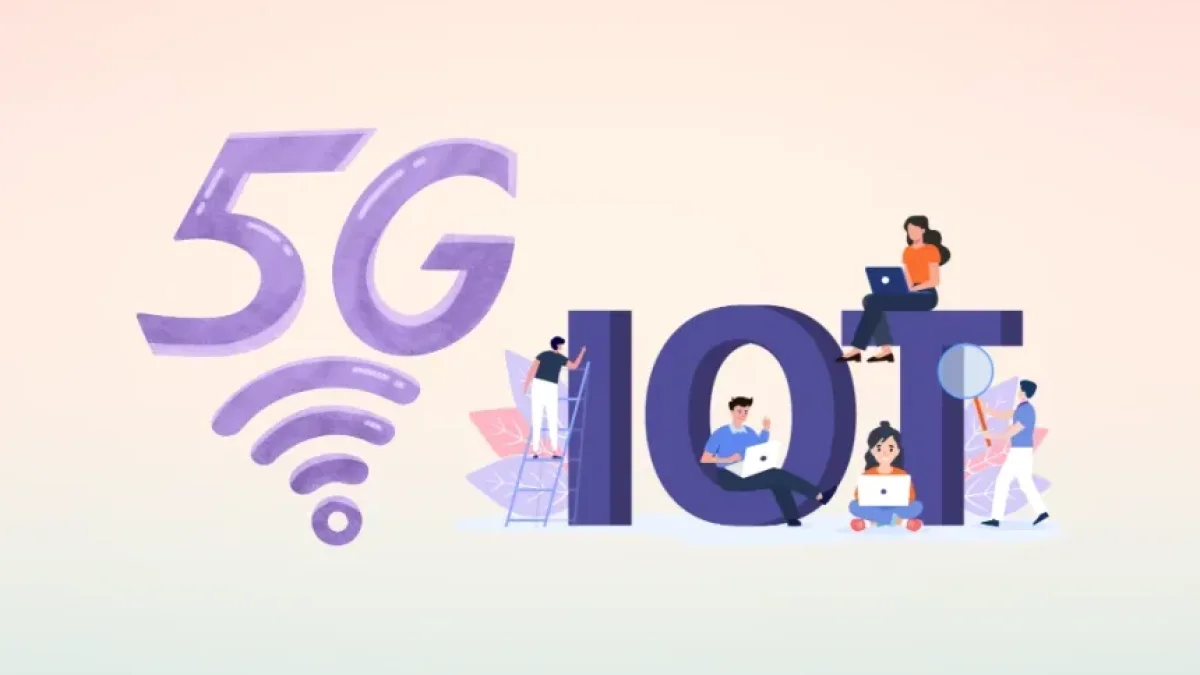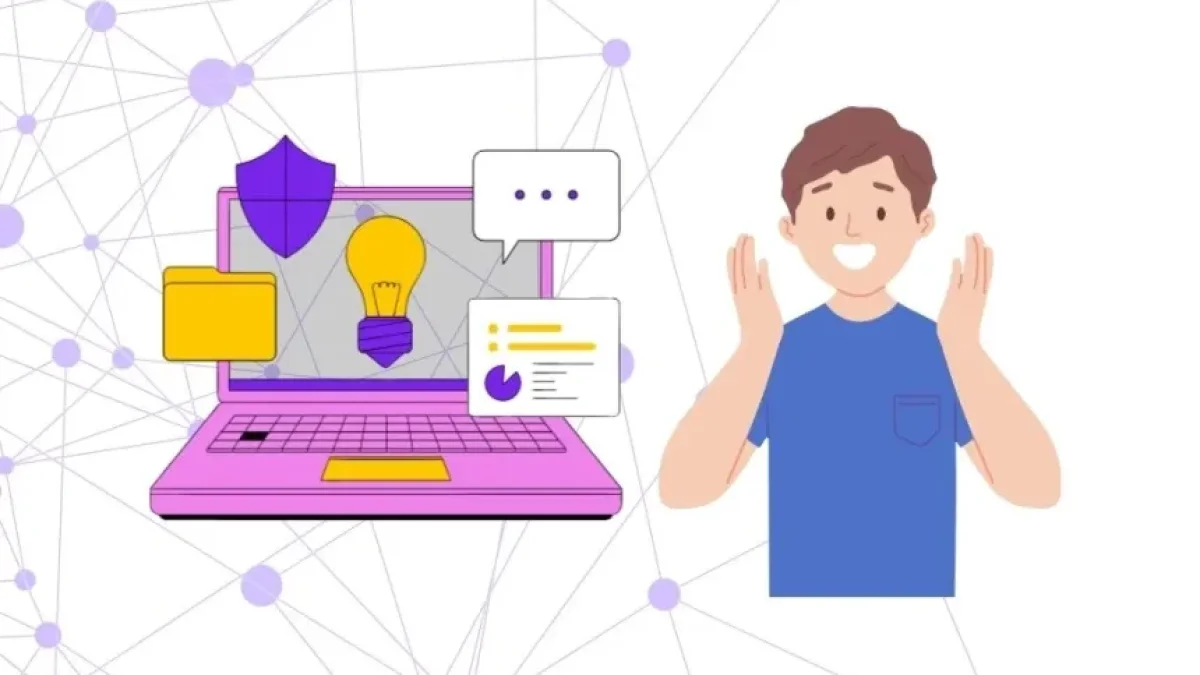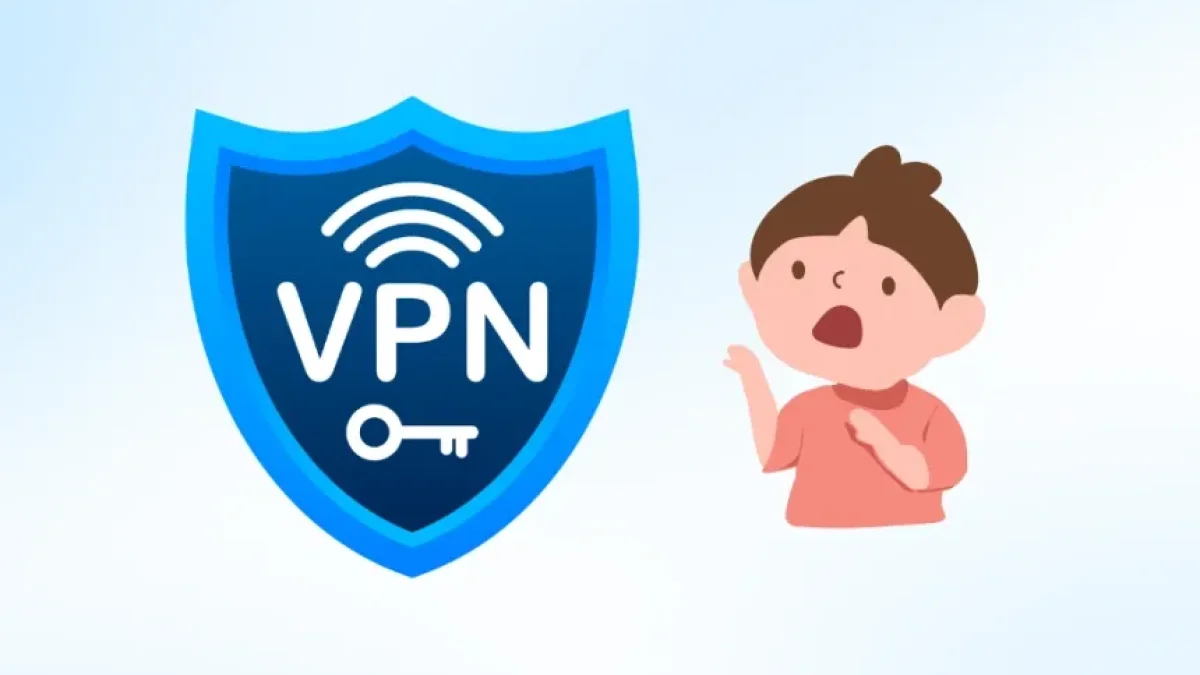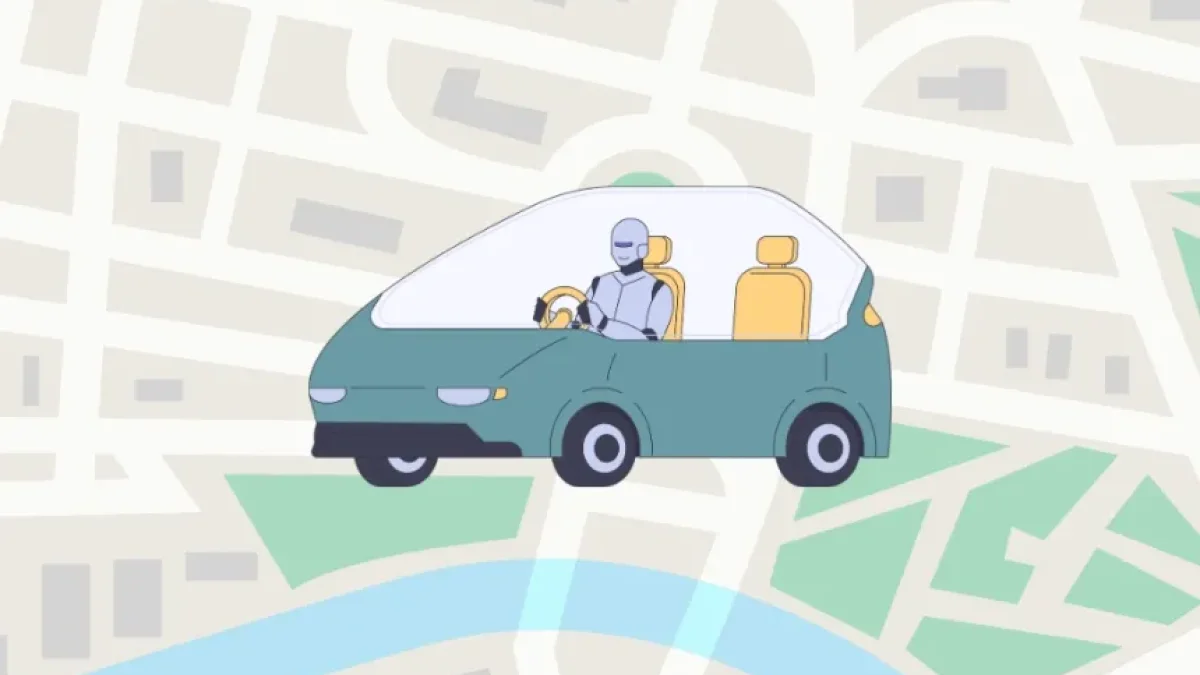What is the Internet and How Did It Arise?

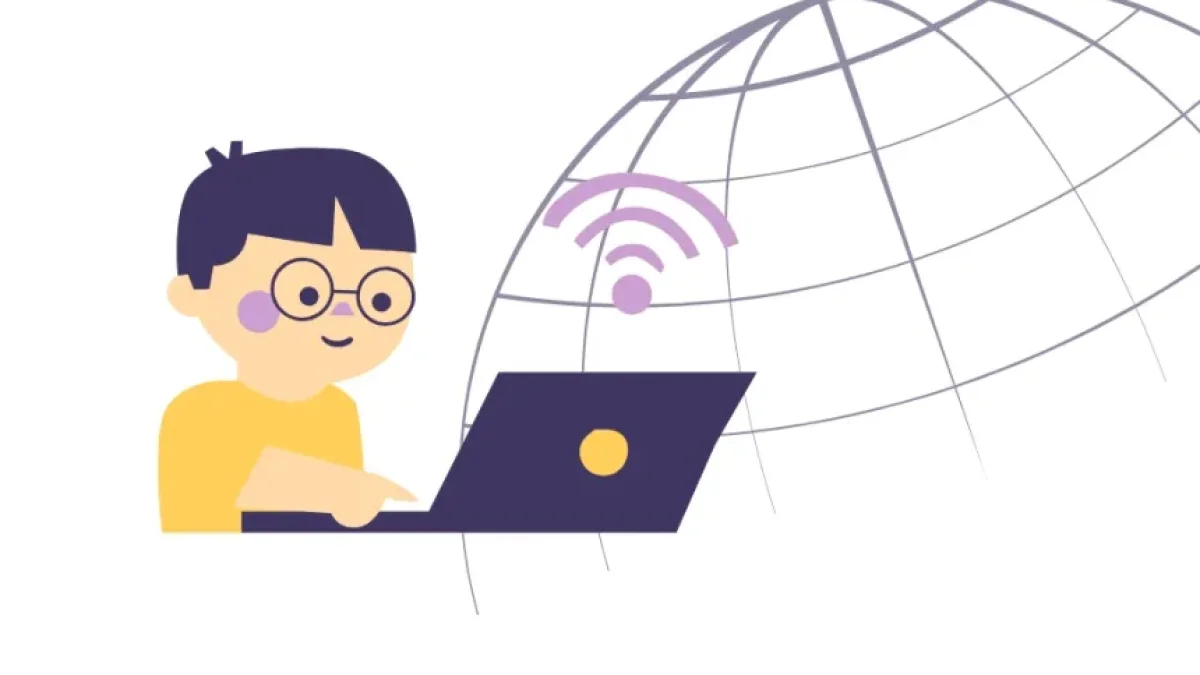
The Internet has transformed the way we communicate, work, and live. Since its invention, it has had a considerable impact on all aspects of modern life. In this article, we will explore what the Internet is, its historical evolution, and its impact on today's society.
What is the Internet?
The Internet is a global network of computers that connect to each other to share information. Through a series of protocols and technologies, it allows users to access a vast amount of data, communicate instantly, and engage in interconnected activities.
Characteristics of the Internet
- Global Network: The Internet connects millions of devices around the world.
- TCP/IP Protocol: It uses a set of rules that enable communication between different systems.
- Accessible: Through devices such as computers, tablets, and smartphones.
- Interactivity: It enables users to interact, collaborate, and create content.
History of the Internet
The emergence of the Internet is the result of several decades of research and technological development.
Origins of the Internet
- 1960s: The need for a robust communication network became evident during the Cold War. The U.S. Department of Defense funded a project called ARPANET, aimed at developing a network that could withstand attacks and failures.
- 1970: The TCP/IP protocol was developed by Vinton Cerf and Robert Kahn, allowing communication between different networks.
Evolution of the Network
- 1980s: The use of TCP/IP expanded beyond military and academic settings, leading to the creation of larger networks.
- 1990: Tim Berners-Lee introduced the concept of the World Wide Web (WWW), which facilitated browsing through a graphical user interface.
Popularization of the Internet
- Late 90s: With the advent of browsers like Netscape and the expansion of internet service providers (ISPs), Internet usage grew exponentially.
- 2000 onward: The rise of social media, e-commerce, and mobile access marked the consolidation of the Internet as a fundamental part of daily life.
Impact of the Internet on Society
Communication
The Internet has revolutionized the way we communicate. From emails to video calls, the ability to connect in real-time has made distance almost irrelevant.
Read also
Education
Online educational platforms allow access to resources and courses, thus democratizing education and enabling people to learn at their own pace from anywhere.
Commerce
E-commerce has changed the landscape of buying and selling, allowing businesses to reach global audiences. Amazon, Alibaba, and other platforms have transformed commercial transactions in the digital age.
Entertainment
With the arrival of streaming services like Netflix and Spotify, the Internet has changed how we consume music and movies, offering instant access to a vast library of content.
Read also
Challenges of the Internet
Despite its benefits, the Internet also presents significant challenges:
Security
Data protection has become a crucial concern. Data breaches and cybercrime have increased, necessitating improvements in digital security.
Misinformation
The spread of fake news and misinformation can have serious consequences, affecting public opinion and trust in institutions.
Digital Divide
Despite connectivity, a significant digital divide still exists, affecting low-income communities and rural areas, limiting their access to information.
Conclusion
In summary, the Internet is a complex phenomenon that has changed the way we interact with the world. From its creation in the 1960s and 1970s to its massive adoption in the 1990s and 2000s, its evolution has brought both benefits and challenges. Depending on how it is managed and developed in the future, the Internet will continue to play a crucial role in the lives of people around the globe.
Frequently Asked Questions
What technologies support the Internet?
The Internet is based on various technologies, including routers, data buses, and servers that facilitate the transmission of information.
How many people currently use the Internet?
According to reports, it is estimated that more than 4.5 billion people worldwide have access to the Internet, representing about 60% of the global population.
What is the future of the Internet?
The Internet is expected to continue evolving, with the rise of technologies such as artificial intelligence, 5G, and the Internet of Things (IoT), which will offer new possibilities and challenges.
By understanding what the Internet is and how it arose, we can better appreciate its impact on our lives and prepare for the opportunities and obstacles that will arise in the future.
This article is optimized for SEO, using relevant keywords such as "Internet," "history of the Internet," and "impact of the Internet" to improve its visibility in search engines.

